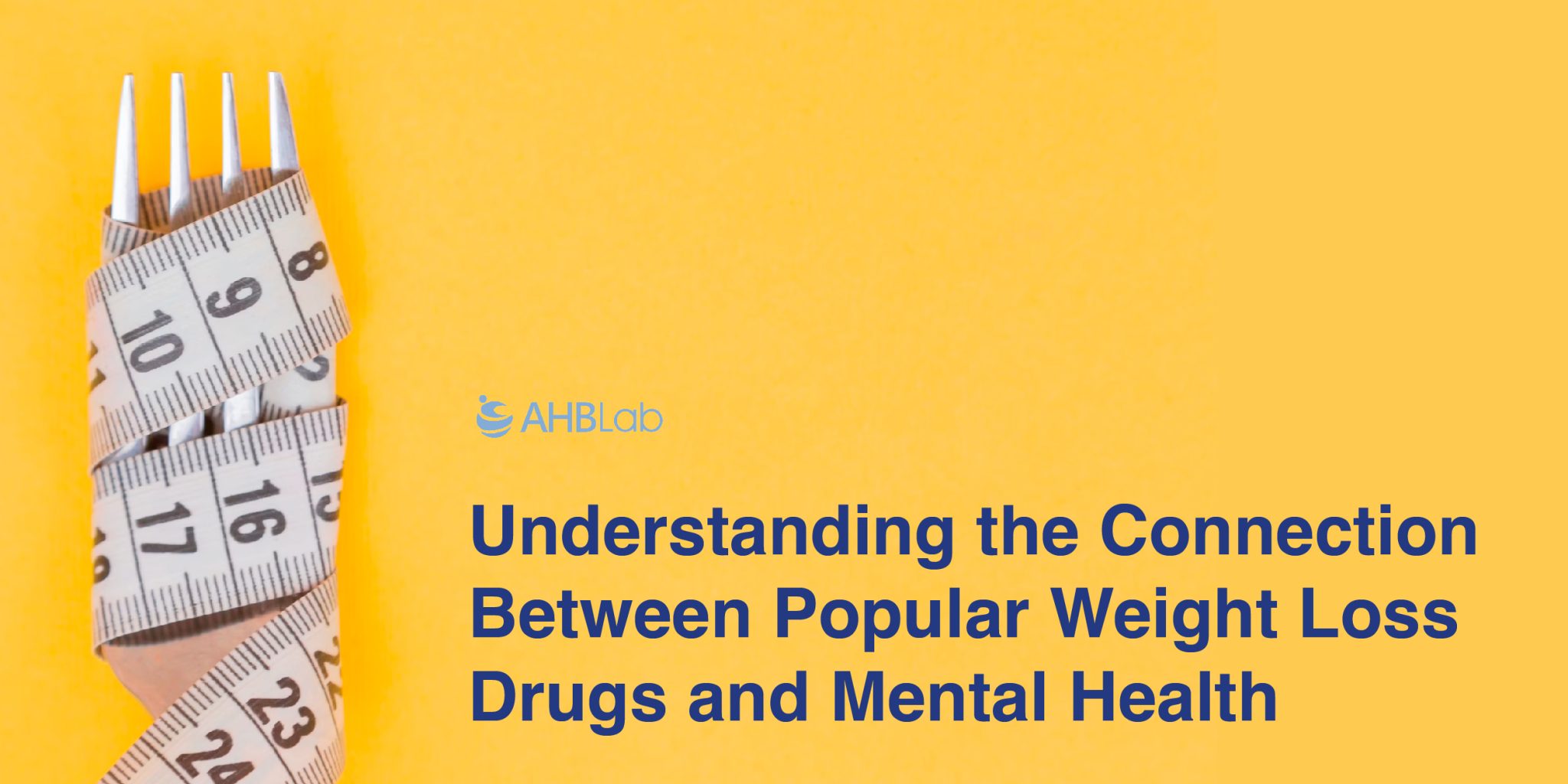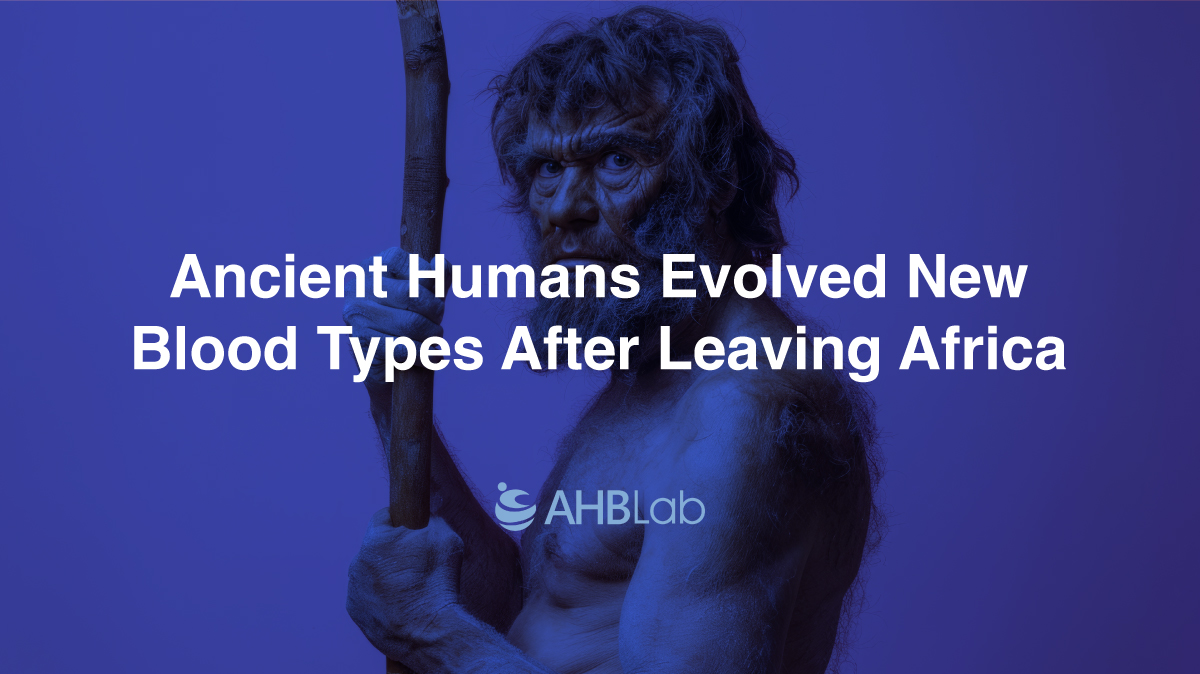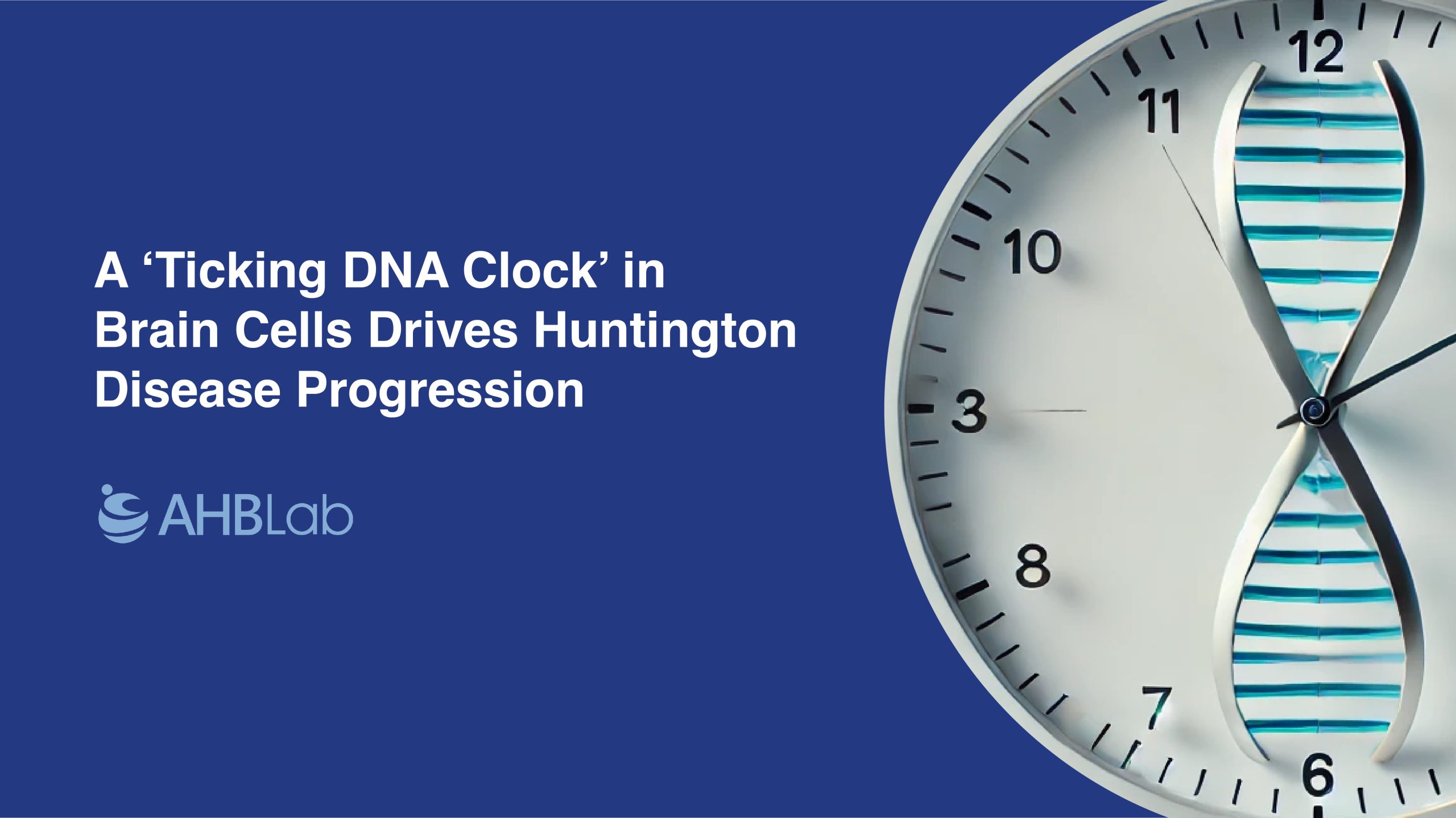In the realm of obesity and diabetes management, a class of drugs known as glucagon-like peptide-1 (GLP-1) agonists, including popular names like Ozempic and Wegovy, has been making waves for their efficacy. However, amidst their rising popularity, concerns have surfaced about a potential link to suicidal thoughts. This comprehensive exploration delves into the latest research and discussions among experts to unravel the truth behind these concerns, ensuring readers are well-informed about the medications they trust.
The Core of Concern: Unraveling the Alleged Link Between GLP-1 Agonists and Suicidal Thoughts
Recent studies and case reports have hinted at a potential connection between GLP-1 agonists, primarily used for diabetes and weight loss, and an increase in suicidal ideation. This alarming possibility has propelled government-funded research, aiming to clarify whether these drugs, which have transformed the treatment landscape for diabetes and obesity, pose a serious mental health risk. We’ll dissect the findings and opinions from leading experts to provide a balanced perspective on this critical issue.
Investigative Insights: What Recent Studies Reveal
A new comprehensive study, tapping into over a million U.S. health records, sought to determine the validity of these concerns. The research focused on users of semaglutide, the generic name for Ozempic and Wegovy, comparing their mental health outcomes with those on other weight loss medications. Interestingly, the study not only found no significant link to increased suicidal thoughts but also suggested a possible protective effect. However, the scientific community urges caution, emphasizing the need for further research to confirm these preliminary findings.
Expert Analysis: Decoding the Data
Leading pharmacologists and obesity researchers have weighed in on the study’s implications. While recognizing its importance, they caution against drawing premature conclusions. The intricate nature of drug side effects and individual psychological responses necessitates a multifaceted investigation. The discussion extends to the methodology of such studies, the challenges of accurately tracking rare side effects, and the need for long-term data to truly understand the impact of GLP-1 agonists on mental health.
The Bigger Picture: Understanding GLP-1 Agonists’ Role in Treatment
As GLP-1 agonists continue to revolutionize the approach to diabetes and obesity treatment, understanding their full spectrum of effects is crucial. These drugs have been celebrated for their significant impact on weight loss and diabetes management, but like all medications, they come with a risk of side effects. We’ll explore the benefits and drawbacks of GLP-1 agonists, providing a comprehensive view that goes beyond the potential mental health implications.
Addressing the Concerns: Regulatory Responses and Ongoing Investigations
In response to the initial case reports, regulatory bodies like the European Medicines Agency and the U.S. Food and Drug Administration (FDA) have launched investigations into the alleged link between GLP-1 drugs and suicidal thoughts. These ongoing inquiries aim to ensure patient safety and guide future prescribing practices. We’ll delve into what these investigations entail and what they mean for current and prospective users of these medications.
Looking Forward: The Path to Clearer Understanding
The journey to fully comprehend the relationship between GLP-1 agonists and mental health is far from over. Future research directions, potential changes in clinical trials, and the role of healthcare providers in monitoring patients will play crucial roles in shaping our understanding. We’ll discuss what patients, healthcare professionals, and the wider community can expect as the scientific and medical communities continue to seek answers.
Navigating the Intersection of Physical and Mental Health
The debate over the potential link between popular weight loss drugs and suicidal thoughts underscores the complex interplay between physical and mental health. As we await more definitive answers, it’s clear that both patients and healthcare providers must proceed with informed caution, balancing the undeniable benefits of these drugs with a vigilant eye on mental health. Stay tuned to this space for updates and insights as new research unfolds, ensuring you’re always at the forefront of health information.
Introducing Insutide: A Revolutionary Peptide Solution from AHB Lab
In the midst of ongoing discussions about the safety of weight loss and diabetes medications, AHB Lab is proud to introduce Insutide, a revolutionary peptide-based solution designed with your health and well-being in mind. As a peptide-centric product, Insutide stands at the forefront of innovation, offering a promising alternative for those seeking to manage their health conditions without the worry of adverse side effects. Developed through rigorous scientific research and upheld by the highest quality standards, Insutide leverages the power of peptides to provide a safe, effective, and reliable approach to health and wellness. With Insutide, you can embark on your health journey with confidence, knowing you’re supported by a product that prioritizes your well-being every step of the way and is free from the side effects that often accompany traditional medications.






